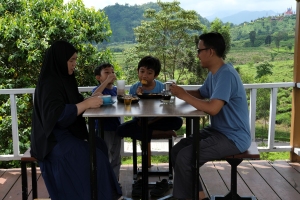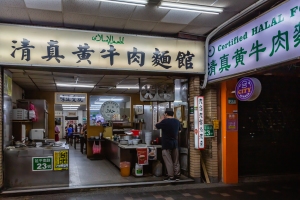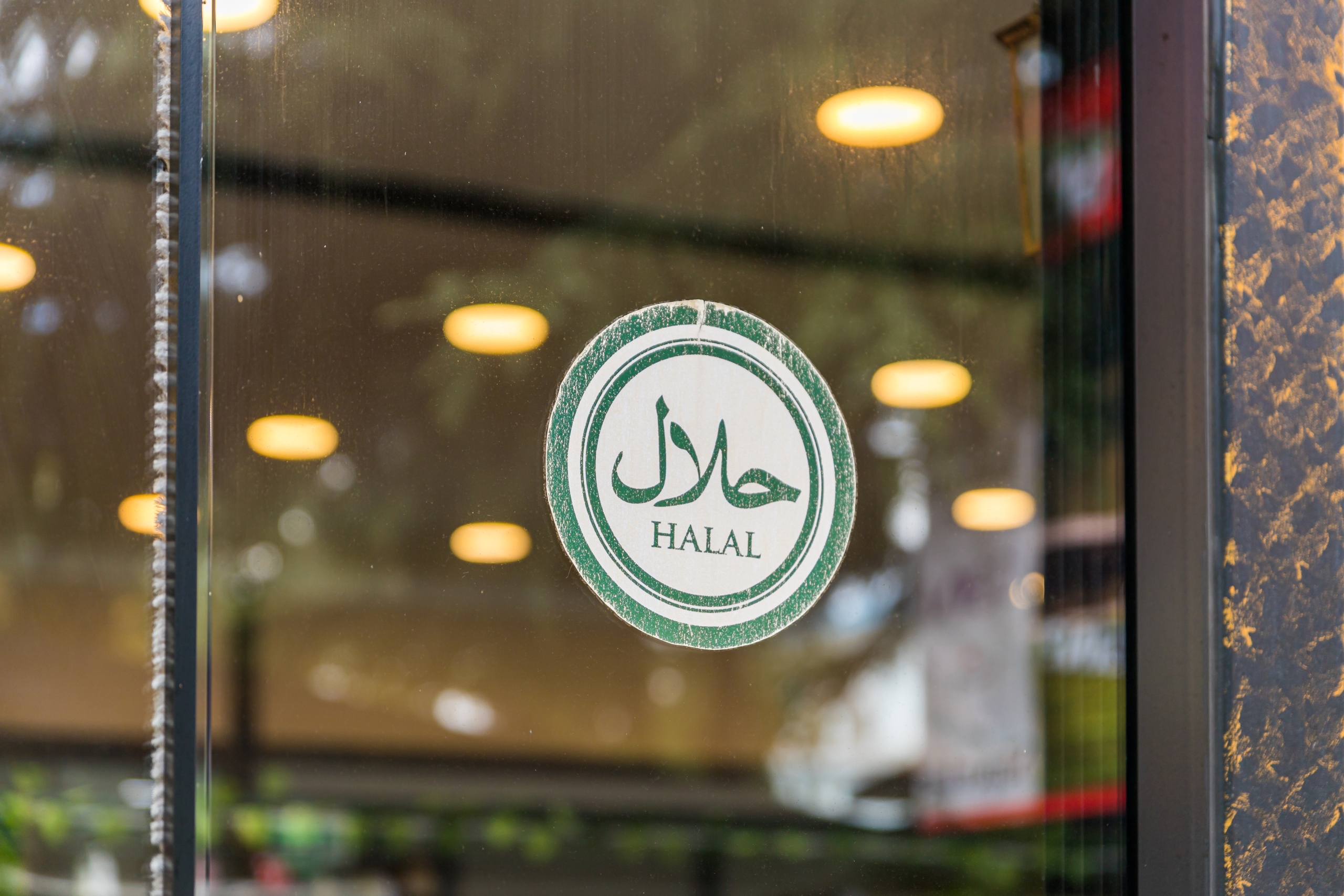In a quiet corner of a resort in Thailand, a family from Jakarta shares a breakfast free of pork and alcohol, accompanied by gentle music that fades respectfully as the call to prayer is heard from discreet speakers. In Spain, a couple from the Gulf visits the Alhambra in Granada, guided through a route that weaves Andalusi heritage with spaces for reflection. What unites these travelers is not nationality, but a mode of travel shaped by personal convictions. This is the world of halal tourism.
Though the term “halal” is often linked solely to food, it encompasses much more. In Islamic legal terms, it refers to what is permissible. Applied to travel, halal indicates an experience that allows Muslim travelers to explore the world without compromising on spiritual or ethical values. Far from a marginal niche, halal tourism is among the fastest-growing movements in the global tourism economy.
Beyond the plate: What makes travel “halal”?
Can a hotel be halal? A city, a museum, a beach? The answer lies in intention and design. Halal travel is not just about omitting alcohol or pork. It involves a comprehensive framework in which lodging, schedules, services, and ambiance align with Muslim sensibilities.
This may include designated prayer spaces, gender-segregated spa or pool facilities, family villas with private areas, entertainment without alcohol, and staff trained in cultural competence. Many destinations also adapt services during Ramadan and offer programs that highlight local Islamic heritage.
Contrary to misconceptions, halal tourism is not a withdrawal from the world. It is a form of engagement where religious identity is integrated—not sidelined—within the travel experience.

A market expanding—and evolving
In 2023, an estimated 140 million Muslim tourists crossed international borders. By 2028, that number is expected to reach 230 million. Halal tourism already generates over USD 250 billion annually, with projections exceeding USD 400 billion within the next decade.
This growth is driven by demographics: with over 2.1 billion Muslims globally—roughly 26% of the population—and a youth-dominated age profile (about 70% under 40), the sector represents a large and motivated audience eager to travel on their own terms.
It’s also a reflection of how the travel industry itself is changing. In recent years, non-Muslim-majority countries such as Japan, South Korea, Spain, and the United Kingdom have invested in infrastructure and training to welcome Muslim travelers. Halal-certified restaurants, multilingual guides familiar with Islamic norms, women-only facilities, and faith-sensitive experiences are now part of a broader shift toward more inclusive hospitality.
Why this matters
The rise of halal tourism invites a reevaluation of diversity in travel. Where once the model emphasized cultural neutrality—and often conformity—today there is growing recognition that difference is not only to be respected but can be economically strategic.
Catering to Muslim travelers is not merely an ethical imperative; it is smart business. And its benefits extend beyond the target demographic. Non-Muslim travelers are also drawn to halal hotels for their quiet, family-friendly environments, or to halal-certified food for its ethical sourcing and traceability.
What’s emerging is a new travel ethic—one that emphasizes clarity, care, and coherence over mere consumption.
Global stories, local expressions
The spread of halal tourism has produced a wide range of localized initiatives:
- In Malaysia and Indonesia, the sector leads with heritage routes and eco-travel packages aligned with Islamic values.
- Spain, with its Andalusi past, is becoming a cultural crossroads for historical reflection and spiritual engagement.
- In Japan, prayer rooms are appearing in airports, and restaurants visibly display halal certifications to gain trust among Southeast Asian visitors.
- The United Kingdom, particularly cities like London and Manchester, has introduced halal city guides to attract Gulf tourists seeking comfort, luxury, and cultural continuity.

Innovation and sustainability
Halal travel is not just expanding—it is becoming more sophisticated. Travelers now rely on apps that indicate prayer times and directions to Mecca, or that filter hotels based on halal-friendliness. Platforms like HalalBooking allow for tailored searches, while Islamic fintechs are developing sharia-compliant travel insurance and payment systems.
Sustainability is also finding common ground with halal principles. The Islamic concept of tayyib—meaning good, wholesome, and ethical—aligns with responsible travel practices: environmental awareness, fair trade, and community-based tourism. In this way, halal travel intersects with green tourism, forming a hybrid model grounded in values and environmental care.
Looking ahead
The future of halal tourism is not fixed. What began as a cultural necessity is evolving into a model of travel that others may adopt—not out of obligation, but attraction. For those seeking travel experiences that are meaningful, respectful, and attuned to ethical concerns, halal travel offers a compelling framework.
The key challenge will be depth: avoiding superficial marketing, ensuring standards, and building real cultural literacy across the sector. But the opportunities are considerable—from halal safaris in Africa to spiritual retreats in Latin America.
Traveling “by faith” is nothing new. What sets contemporary halal tourism apart is its blend of tradition, modernity, and innovation. In a fragmented world, it proposes a vision of tourism that is not about erasing difference, but traveling well—while staying true to who we are.
Can travel help us understand each other better – without asking us to leave ourselves behind? That question remains open. But halal tourism is part of the conversation.





